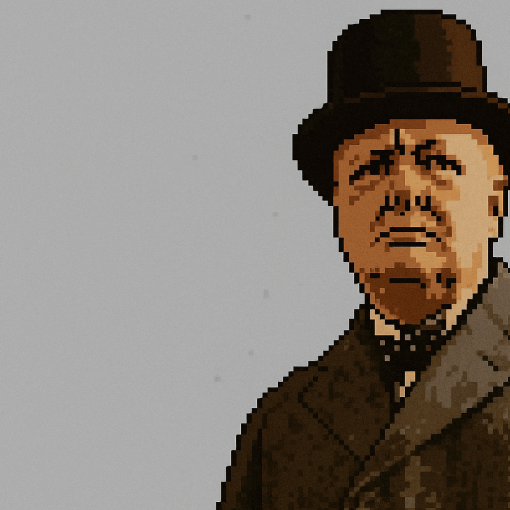I believe creativity is one of the most valuable skills to cultivate, as it integrates curiosity, flexibility, and design thinking to generate value from seemingly insignificant ideas. My studies in Canada reinforced that creativity is built on hard work, smart work, courage, and a bit of luck. It thrives in environments that encourage diversity, open communication, and a culture of empathy and mindfulness.
Barriers to Creativity
Creativity is hindered when:
- There is only one “right” answer.
- Logic is overemphasized, dismissing solutions that seem unconventional.
- Rules are rigid and non-negotiable, limiting exploration.
A team that fosters creativity must embrace mistakes as an essential part of the iterative process. One of the biggest shifts in thinking is to move away from the idea that creativity is purely unstructured and unpredictable. Instead, it can be cultivated through deliberate processes. As Gary Hamel points out, the best way to generate entrepreneurial ideas is to produce many ideas and then filter them effectively. There are well-known team exercises to enhance this process (which I share in the UX post).
To promote creative thinking, it’s crucial to:
- Foster genuine interest in the problem at hand.
- Ensure that creative contributions are valued by leadership.
- Maintain a childlike curiosity, as exemplified by Picasso, who approached problems with a fresh perspective and refused to impose limits on his creativity.
Ultimately, a worthwhile goal is to create something truly original that endures beyond one’s lifetime.
Suggested Reading: Creativity, Inc.
Teaching & Learning Strategies
Reading ignites more “lightbulb moments” than passive media like movies, and class discussions can do the same by keeping students fully engaged in the moment. University education should focus on:
- Building confidence.
- Encouraging failure as part of the learning process.
- Creating “aha” moments that spark curiosity and insight.
- Helping students fall in love with the process rather than the outcome.
Failure should be simulated in a way that teaches resilience—rewarding effort, iteration, and perseverance rather than just final results.
Teaching Tips
- To regain attention, say loudly: “Alright, pause for five seconds.”
- Encourage students to look beyond the obvious—make them reflect on the underlying dynamics of a team project or a concept introduced in class.
- Cultivate introspection rather than just delivering information.
- Use interactive methods: Discussions first within small groups, then expanding to the full class.
- Foster an appreciation for administration as an art—through workshops, case studies, and simulations.
Lesson Planning
A well-structured lesson should:
- Capture attention – Start with a hook (e.g., a thought-provoking question, a short video).
- Establish objectives – Clarify what students will learn and why it matters.
- Assess prior knowledge – Gauge existing understanding before introducing new material.
- Introduce new concepts – Deliver information step by step, allowing space for clarification.
- Encourage practice – Facilitate exercises (individual or group-based, written or oral).
- Review key points – Address misconceptions and reinforce learning.
- Promote independent application – Encourage students to apply their knowledge to their own projects.
- Close effectively – Provide extensions for further learning and real-world application.
Additional Strategies
- Use the I do, We do, You do framework for structured guidance.
- Start lessons with an engaging entry point (e.g., “Who has seen this film?”).
- Use conversation starters like “Would you rather…” to spark discussions.
- Ensure comprehension through written reflections.
Soft Skills to Cultivate
- Creative thinking
- Teamwork
- Clear communication
- Decision-making & evaluation
- Time management & prioritization
- Negotiation skills
- Leadership under pressure
Recommended Readings:
- The Big List of Class Discussion Strategies (Cult of Pedagogy)
- Speaking & Listening Techniques
- Bloom’s Taxonomy: Teacher Planning Kit



